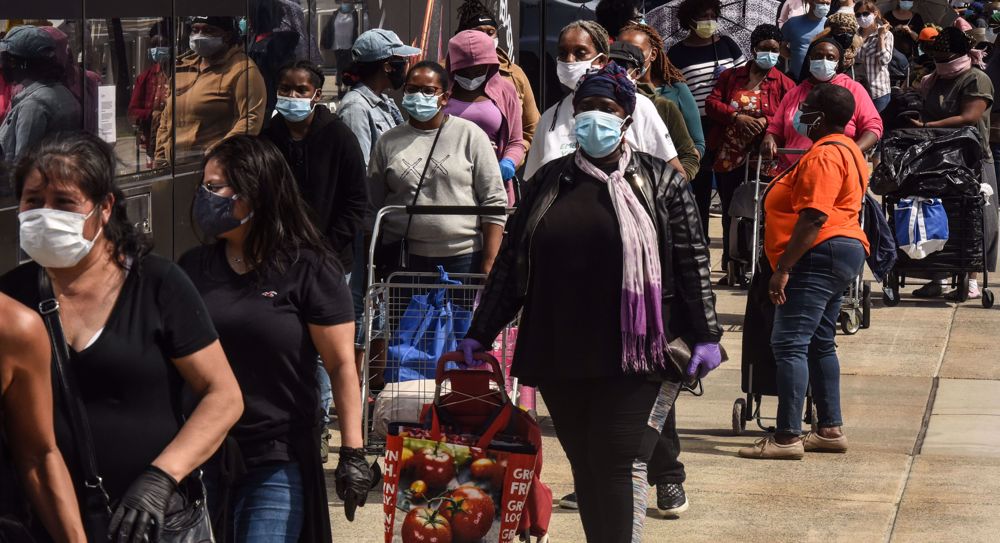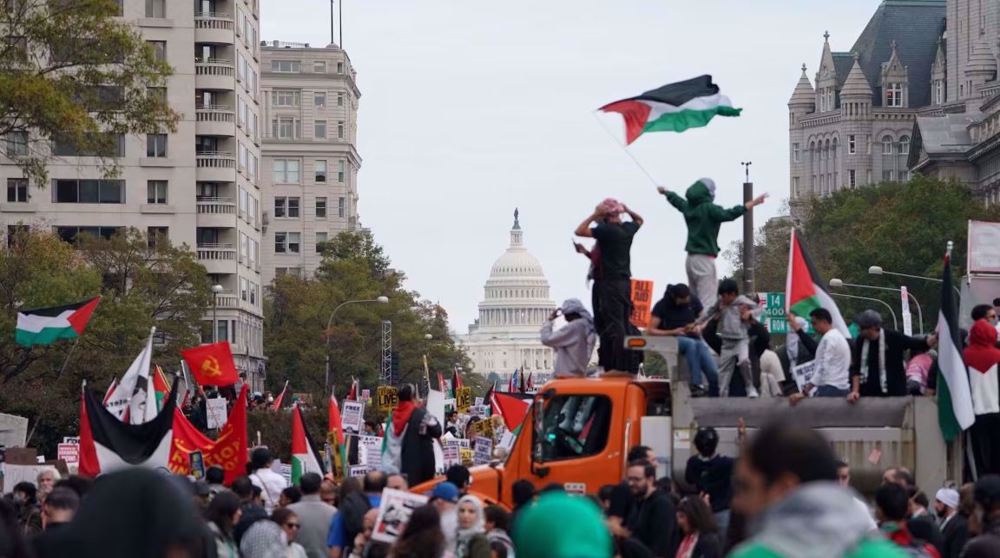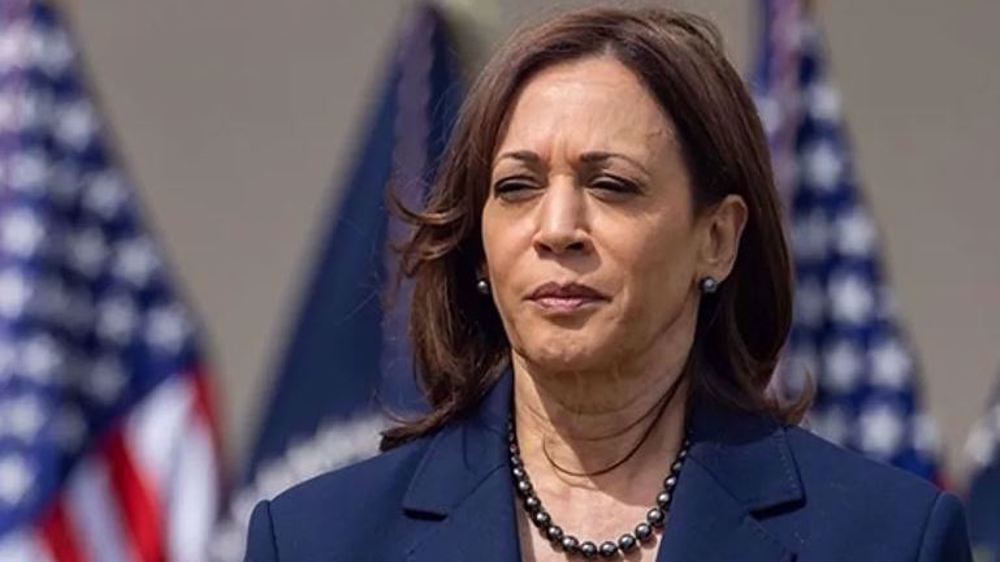Black immigrant domestic workers in US fear losing homes: Survey
As the impact of massive job losses from the coronavirus pandemic sweeps through the US economy, most black immigrant domestic workers in the country fear losing their homes or having utilities turned off in the coming months, according to new research.
The survey, which was released Tuesday, was conducted by the Institute for Policy Studies, a think tank, and the National Domestic Worker’s Alliance (NDWA) advocacy group.
The survey found that nearly two-thirds of black immigrant domestic workers, who are mainly employed as cleaners, nannies and home carers, feared being evicted or having their utilities shut off for nonpayment of rent or bills in the next three months.
“If we don’t work, we don’t get paid; if we don’t get paid, we don’t eat,” said Leydis Munoz, who moved to New York City from Panama, and was looking for a new job when the pandemic hit.
“We are using our savings,” Munoz, a mother of two young boys, said on a conference call hosted by the NDWA.
Approximately 2.2 million people are domestic workers in the United States, who are ineligible for unemployment assistance, according to the Economic Policy Institute (EPI) think tank.
The number of people in the US receiving jobless benefits was almost 21 million for the week ending May 30, the US Labor Department on Thursday.
The US unemployment rate was 13.3 percent, an astonishingly high figure as companies adjust to an environment that has been significantly changed by Covid-19. The unemployment rate for blacks was 16.8 percent.
Blacks have been hit hard by the coronavirus crisis, as they are more likely to do low-paid jobs that cannot be done remotely. As authorities ordered people to stay at home and practice social distancing to combat the coronavirus, many employers have told their domestic workers not to come to work.
“We always knew that there were massive social safety net issues impacting black immigrant domestic workers, and the Covid-19 crisis just ripped them completely open,” said Marc Bayard, director of the Institute’s Black Worker Initiative.
Blacks are also more likely to have underlying health conditions due to inequalities in access to healthcare, making their immune systems weaker and making them more vulnerable to falling seriously ill from Covid-19, experts say.
Massive protests have taken place across the United States in recent weeks over racial inequality and police brutality.
Iran condemns IAEA inaction as US-Israeli aggression targets nuclear facilities
Iran FM says to issue protest to Kuwait over US aircraft downing
IRIB chief says Tehran compound hit in Israeli-US aggression, broadcasts continue
US-allied fuel tanker attacked by Iran still burning in Strait of Hormuz: IRGC
Attacks on hospitals, schools ‘strike at life itself’: Pezeshkian
Iran’s attacks on US bases ‘legitimate’ response to source of aggression: Araghchi
IRGC targets US intelligence centers, military depots in 11th wave of attacks
US-Israeli attacks damage 5 hospitals, medical centers in Iran: MP











 This makes it easy to access the Press TV website
This makes it easy to access the Press TV website